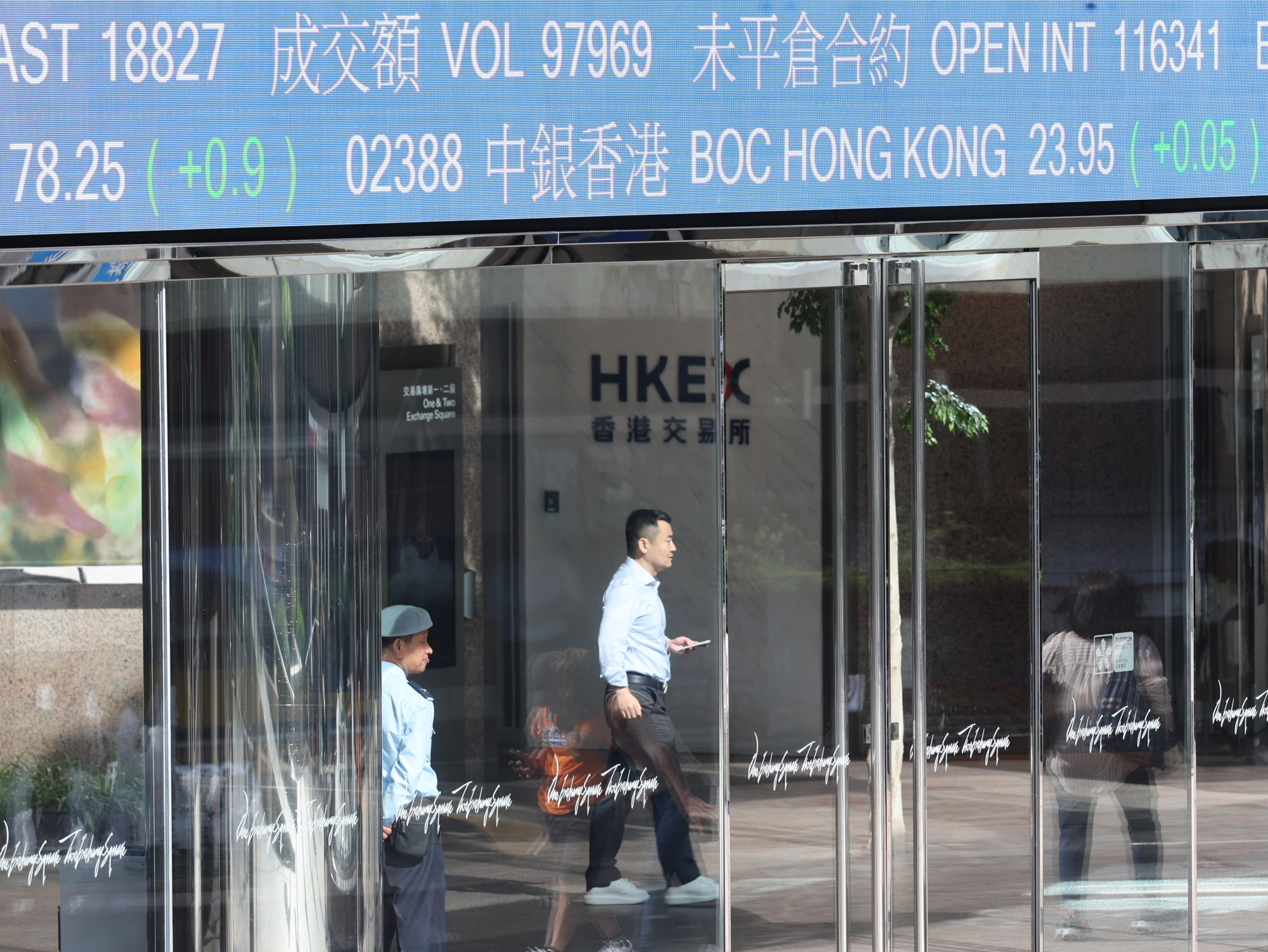
Developer China Aoyuan seeks creditors’ approval for US$4.2 billion offshore-debt plan as delisting warning looms
- The agreement includes new notes, new shares, debt-to-equity conversion, perpetual securities and the transfer of shares to creditors
- The company said it had 42.8 billion yuan (US$5.9 billion) in foreign-currency debt as of the end of 2022
Embattled developer China Aoyuan Group has reached an agreement with a third of the holders of its offshore debt for a restructuring plan that would allow it to obtain capital to sustain its daily operations, the company said in a filing with the Hong Kong exchange on Monday.
The Guangzhou-based developer has US$3.45 billion of debt in 12 dollar bonds, which formed part of its total of 42.8 billion yuan (US$5.9 billion) in foreign-currency debt at the end of 2022, according to the filing.
The agreement, which will need the approval of 75 per cent of the company’s creditors, includes a total of about US$4.2 billion in new notes, new shares, the transfer of shares to creditors, conversion of debt to equity and the issuance of perpetual securities.

The restructuring agreement, detailed in a separate filing with the exchange on Sunday night, states that Aoyuan will issue three notes worth US$1.8 billion that will start amortising in September 2026 with a maturity date of September 2031. The notes will have a cash interest rate of between 7.5 per cent and 8.8 per cent per year. Another note worth US$500 million will be issued with a maturity date of September 2031 and a 5.5 per cent interest rate.
Aoyuan CEO Guo Zi Wen and his family will also transfer 400 million shares to “certain eligible creditors”. Those shares represent 25.22 per cent of the company’s shares currently and 10.09 per cent after the restructuring, valuing the shares at HK$1.06 apiece.
Bonds worth US$143 million will also be mandatorily converted into ordinary shares of the company’s stock in September 2028, representing 29.9 per cent of the total shares after conversion.
Chinese developers in default not restructuring fast enough to stay afloat: Moody’s
Finally, the developer will also issue perpetual securities worth US$1.6 billion, with a cash distribution rate of at least 1 per cent per annum after September 2031 and adjusted upwards depending on the number of years that they remain outstanding.
The company also has 66.23 billion yuan in domestic liabilities, and has entered into arrangements with certain local institutions to extend the terms of debts worth 32.7 billion yuan, according to the filing.
“Once implemented, the restructuring will provide the group with a sustainable capital structure, allowing the company to focus on its daily operations with a view to enhance stakeholder value,” the disclosure said.
Pimco says China property needs broader policy support for meaningful recovery
Also on Monday, the company released delayed financial results for 2021 and 2022.
Aoyuan said it was “facing severe industry-wide challenges in the near to medium term as liquidity and sales pressures continue to affect the real estate sector”.
To pare down debts and fund its operations, the company in June 2022 disposed of assets including a 49 per cent stake in Aoyuan Property Group Australia, which had six projects under way, for A$105 million (US$70 million).

